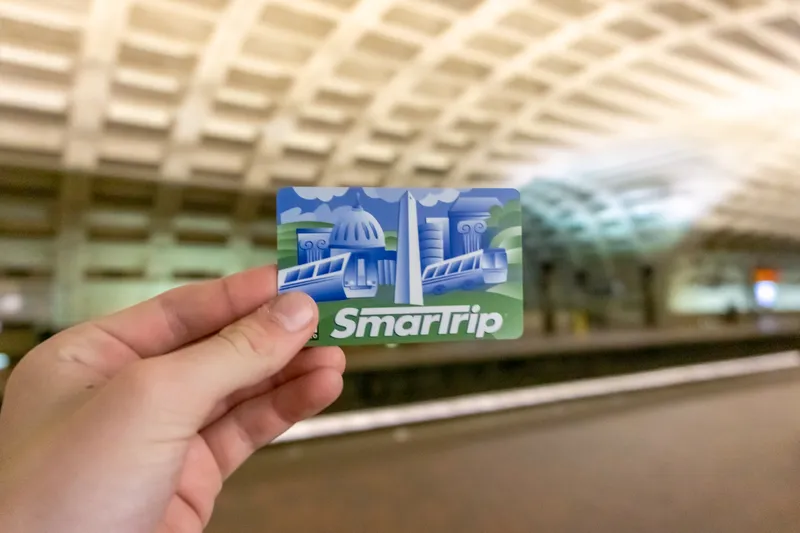Provider of smart transit innovations Connexionz has been awarded a contract to deliver multi-agency regional passenger information system to connect several transport networks across three US States. It will initially manage and support seven partner agency fleets, with potential to scale and link up to 18 separate transport operators across Washington, Oregon and Idaho.
Called iTransit NM it is designed with the intention of enabling passengers convenient access to real-time information on all rural and intercity transit and transfer connections.
Valley Transit based in Washington is the lead agency in the contract. It wanted a solution that would provide a single point of entry for current riders and prospective customers to access relevant information for where they live and want to go. Accurate bus arrival prediction times would also enable passengers to minimize their time spent waiting at bus stops.
The contract includes the provision of on-board technologies for partner agencies with optional add-on services such as multimedia, next stop audio visual alerts, vehicle diagnostics, automatic passenger counting, farebox integration. Automatic vehicle location systems with covert alarms and audio/video capability will also be installed to allow dispatch centers to direct first-responders to the real-time location of the bus in the event of an emergency.
Development of the iTransitNW portal and its supporting smartphone app is expected to go live by mid-2018. Ongoing support and maintenance services including onsite support are also included, together with an extended 3-year warranty period for all software and hardware.
Rhod Pickavance, Connexionz chief executive officer, said: “The solution is based on the TransitManager ITS suite. However, instead of managing just one agency network, the iTransitNW system will manage multiple networks across a wide geographical area. Live data feeds from multiple regional transit operators across the three US states will be captured and shared on both a website and a smartphone app, enabling riders to see all the connecting rural and intercity public transport services in the region.”
Connexionz awarded contract to connect multiple transit agencies across three States
Provider of smart transit innovations Connexionz has been awarded a contract to deliver multi-agency regional passenger information system to connect several transport networks across three US States. It will initially manage and support seven partner agency fleets, with potential to scale and link up to 18 separate transport operators across Washington, Oregon and Idaho. Called iTransit NM it is designed with the intention of enabling passengers convenient access to real-time information on all rural and
November 22, 2017
Read time: 2 mins










